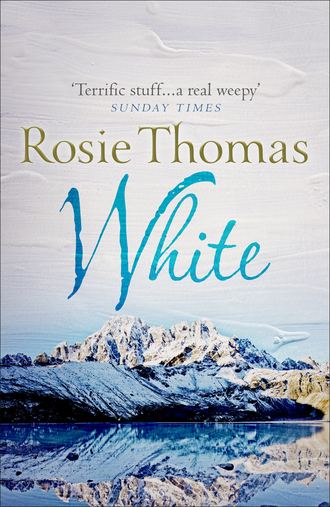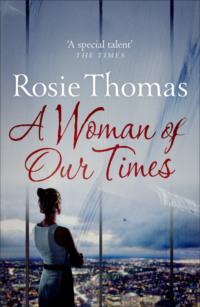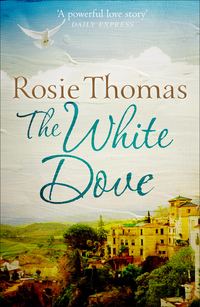White

Полная версия
White
Жанр: книги по психологиизарубежные любовные романысовременная зарубежная литературазарубежная психология
Язык: Английский
Год издания: 2018
Добавлена:
Настройки чтения
Размер шрифта
Высота строк
Поля
Конец ознакомительного фрагмента
Купить и скачать всю книгу








